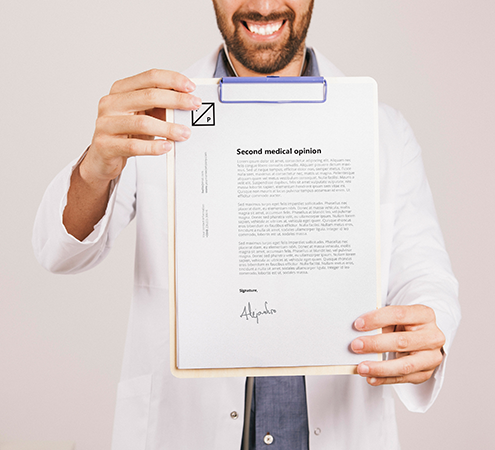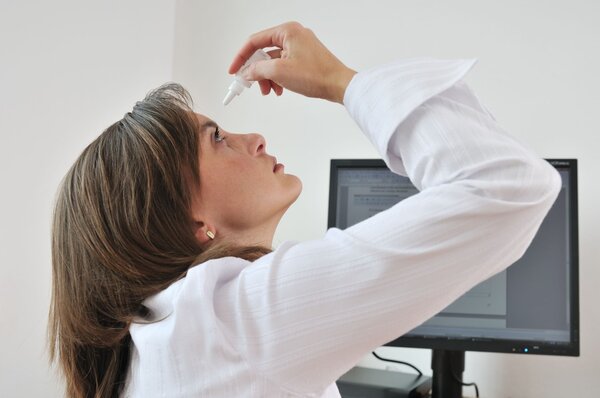A popular British tabloid surveyed dermatologists and published 5 major mistakes in personal hygiene.
It turned out that most people, while observing their morning personal hygiene, make simple mistakes that are harmful to their health. So a daily shower helps us radiate cleanliness and a pleasant aroma, but destroys the natural layer of beneficial bacteria on the skin and degreases it, which leads to loss of elasticity and can provoke excessive dryness of the face and hands.
Frequent and persistent use of the washcloth, as well as its irregular replacement, leads to the accumulation of bacteria in its cavities, which can get into cuts and microcracks of the skin and thereby cause infection.
Below are 5 signs we are showering incorrectly from The Daily Mail .
Daily shower
A study by employees of the University of California (USA) found that daily washing can deprive human skin of the protective layer of beneficial bacteria that help fight various kinds of infections.
“If you wash your hands often enough and pay attention to the underarm area and below the waist, personal hygiene every other day will do no harm,” says virology professor John Oxford. And the ideal, according to the expert, is a shower twice a week.
“As you know, most infections threaten the lower half of the body, therefore, by giving it the necessary attention, we will protect ourselves from possible infections and at the same time avoid harm from excessively frequent showering,” says J. Oxford.
Overdrying the skin can even lead to eczema, the professor said.
Long shower time
Dr. Anjali Macht, consultant dermatologist at the British Skin Foundation, does not recommend basking in warm water for too long. According to her: “You shouldn’t wash for more than 20 minutes. Water is an irritant, so the longer you are under the jets, the drier and less elastic your skin will be. ”
The expert also confirmed the opinion of the American professor that the secretions from the sebaceous glands moisturize the skin, and the water washes them away.
To avoid overdrying the skin, Dr. A. Macht recommends not to ignore the issue of skin moisturizing and it is best to pay attention to this issue immediately after washing.
Using soaps and shower gels
An expert from a clinic in Maryland, physician Robin Chutkan, warns that daily use of soap can weaken the immune system. The mechanism of this process is typical of the above described situation with water. Depriving the skin of its “natural bacterial defense” can lead to eczema.

“Constant skin contact with dirt teaches bacteria colonies to distinguish between harmless and pathogenic dirt, and soap deprives them of this training,” explains Robin Chutkan.
R. Chutkan argues that regular soap or mild soap made from organic components acts on the skin better than antibacterial, which increases the risk of disturbances in the bacterial balance of the skin.
In addition, the specialist believes that it is not necessary to wash the whole body with soap, it is enough to pay attention only to those places that need it: armpits, buttocks, intimate area and feet. Rinse the rest of the body with warm water.
For the fairer sex and middle-aged people, the doctor recommends refusing to use soap for hygiene of the face and décolleté. “You should be careful with soap to avoid unnecessary wrinkles,” says the expert.
However, there are cases when hygiene is not excessive, so during the seasonal epidemic of influenza and SARS, hands should be washed regularly, for at least 20 seconds.
Hygiene of the face
Australian expert dermatologist Kaye Scott recommends avoiding the practice of “putting your face in the shower,” as temperature and pressure can damage your skin.
“Most people shower their face with the same water temperature and the same jet pressure with which they wash their entire body. A hot shower can increase the visibility of the capillary network of the cheeks, which will negatively affect the appearance and can disrupt the normal condition of the facial skin, ”the dermatologist is sure.
In order to preserve the appearance and youth of the skin, the expert recommends that you wash your face with warm water spraying your face from your palms.
Choosing a washcloth
An improper washcloth or an irregular replacement is a haven for bacteria. Dead skin cells, which the sponge is designed to remove, settle in its cavities, which provokes the rapid growth of pathogenic bacteria on its surface.
“The warm and humid bathroom environment is ideal for the growth of all sorts of bacteria and mold. In such conditions, a wet washcloth and dead cells in its cavities become breeding grounds for infections that are dangerous to humans, ”says dermatologist Sam Bunting.
According to the expert, sponges made of synthetic materials must be replaced every two months, and they must be dried every time, even with a hairdryer. A weekly wash of a washcloth in a washing machine will also be useful. Store the washcloth between baths in a dry and ventilated area.
Natural washcloths are prone to mold. To avoid such troubles, they can be washed with soap, after which the washcloth must be held a little in a solution of water with vinegar and dried.











